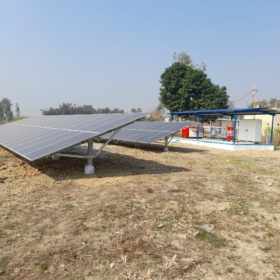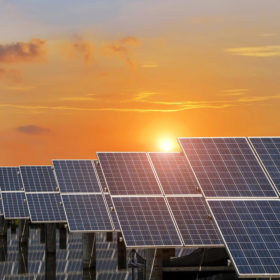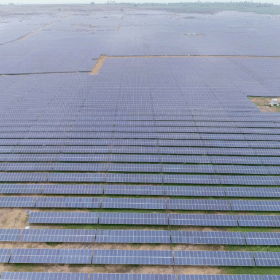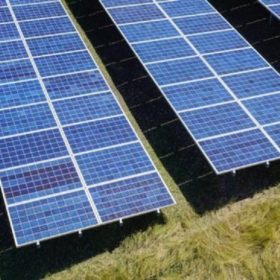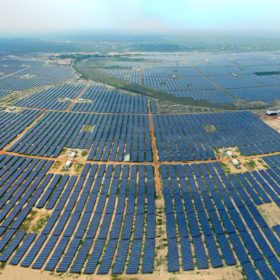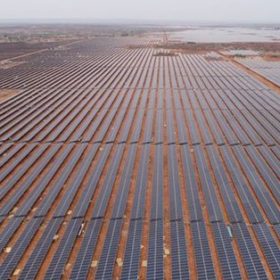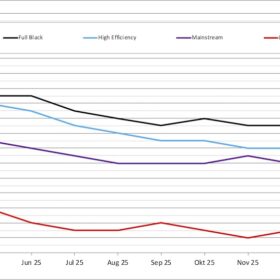SECI tenders 1.2 GW of wind-solar hybrid projects
Developers can compete for a minimum of 50 MW, up to all 1200 MW tendered capacity. The projects—to be developed on a build-own-operate basis—can be set up anywhere in India at the locations chosen by the developer. Bidding closes on May 28.
CSC partners Tata Power on installation of solar-powered microgrids and water pumps
Tata Power brings technology and financial strength to set up the distributed, small-scale solar power systems in rural areas and provide round-the-clock power supply to households and businesses. CSC brings to the partnership village-level entrepreneurs to provide quick, low-cost service support.
ReNew Power’s US$ 585-million green bonds list on India INX
The renewable energy producer plans to utilize the capital raised to repay outstanding debt. The bonds, with a maturity period of 7.25 years, carry a 4.5% per annum rate.
India’s electricity generation capacity addition in FY2021 lowest in twelve years
Capacity addition to conventional as well as renewable power generation slowed in FY2020-21. The nation added 6.2 GW of renewable energy generation capacity and 3.5 GW of conventional during the eleven months to February.
Implementing time-of-use tariff for peak load management
Time-of-use (ToU) tariff can be applied to encourage domestic and industrial consumers to shift their electricity usage to non-peak hours, thereby reducing the system’s load during peak periods. A new study examines the feasibility of the ToU tariff policy in the state of Gujarat. It also suggests a framework and effective roadmap for the utilities to understand the procedure and required infrastructure to implement ToU.
Adani Green commissions 50 MW solar project in Uttar Pradesh
The latest addition in Chitrakoot follows the commissioning of a 25 MW solar plant in January this year.
Larsen & Toubro begins constructing 300 MW solar plant in Saudi Arabia
The Indian multinational will build the plant on an engineering, procurement and construction basis for the consortium of UAE-based renewable energy developer Masdar, France’s power utility EDF Renewables and Saudi Arabian company Nesma.
Amplus acquires rooftop solar projects from Sterling and Wilson
The Gurugram-headquartered distributed solar energy company has acquired Sterling and Wilson’s 7.2 MWp of on-site rooftop solar projects across seven Indian states.
Adani Green’s operating solar capacity grew 38% during FY2021
The developer added 825 MW of solar capacity during the fiscal. This, together with 100 MW of new wind, raised the developer’s total operating renewable capacity to 3,470 MW.
Another bidding extension for 75 MW solar project in Uttar Pradesh
Developers now have until April 27 to bid for the capacity in the Uttar Pradesh Solar Park. Technical bid shall be opened on April 28.


